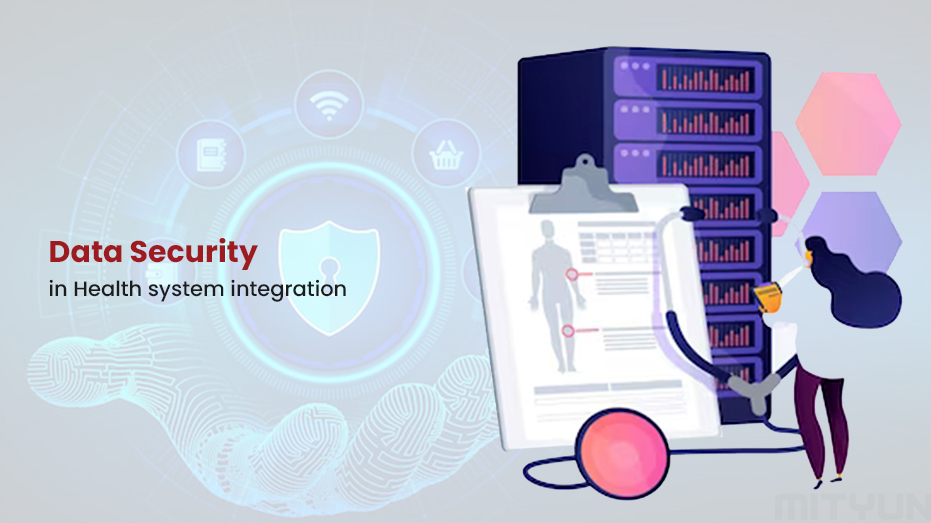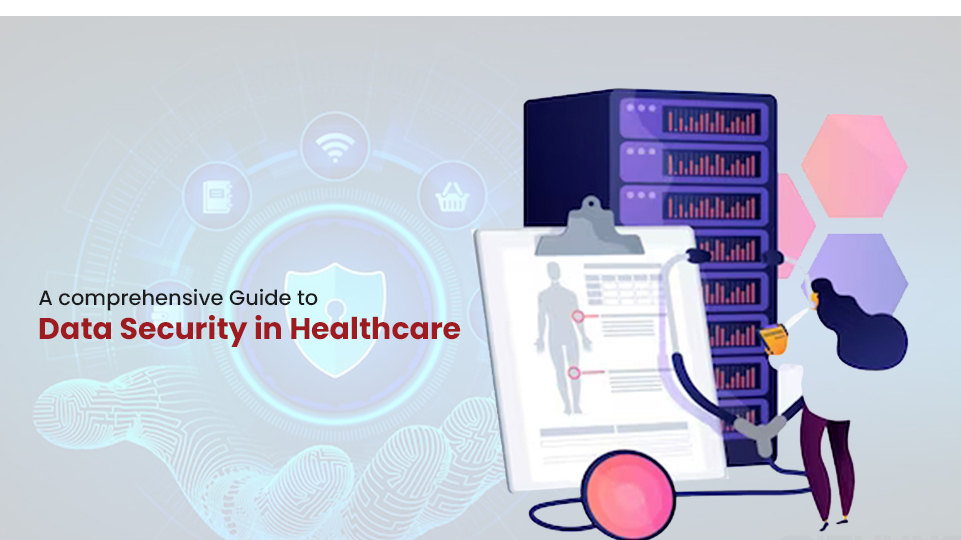-
Our Services
-
Healthcare IT Solutions
-
IT Consulting Services
-
Data Science
-
Cloud Computing
-
Information Security Solutions
Related Post

Interoperability
April 24, 2023
The need for Data Security in Health System Integration
Health system integration has emerged as the need of the hour. It has appeared...

Healthcare
April 27, 2023
A Comprehensive Guide to Data Security in Healthcare
Importance of Health System IntegrationHealth system integration is helping mo...
